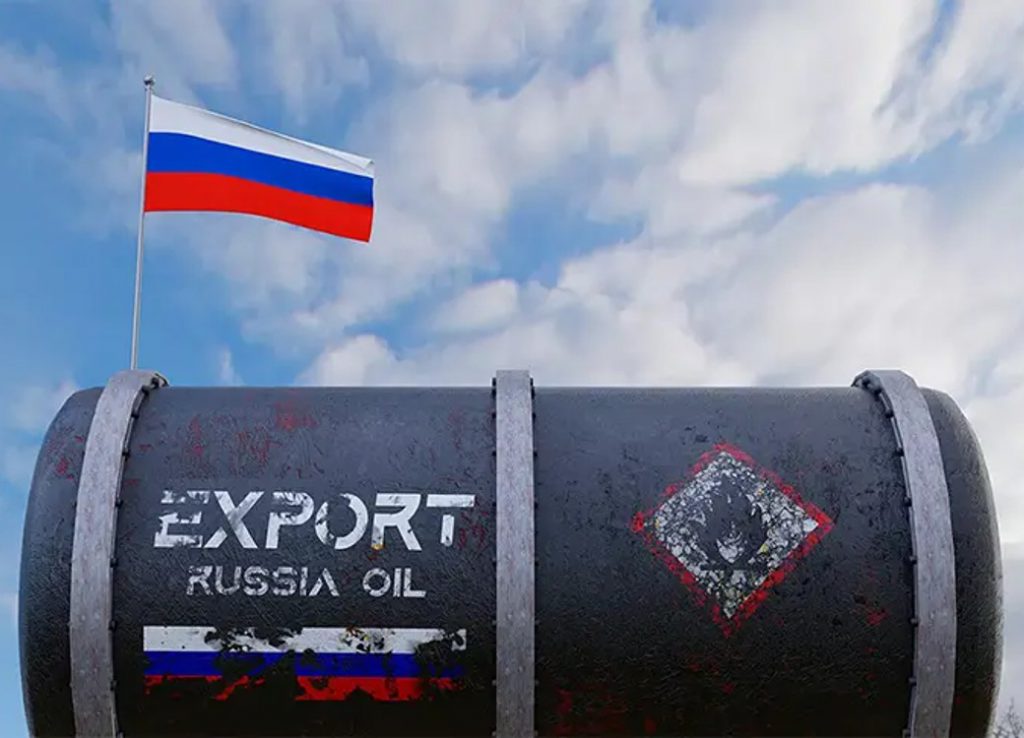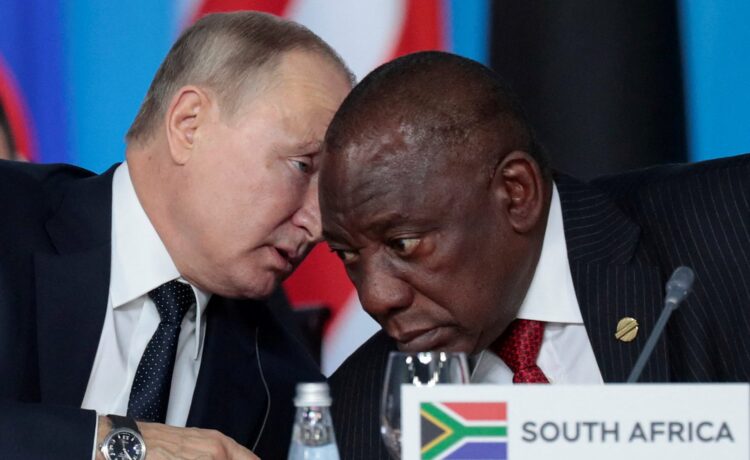In a continuation of the bloc’s overarching de-dollarization efforts, BRICS members Russia and South Africa had ditched the US Dollar in a landmark $265 oil deal. Indeed, reports have stated that the former tabbed Russian bank, Gazprombank as the preferred investor for the massive gas refinery contract.
Although the specific currency utilized in the agreement has not been specified, the bank’s placement under US sanctions denotes its likelihood in local currencies. Moreover, the alliance has sought greater engagement with Russian financial institutions following the implementation of those sanctions.


Also Read: BRICS: India Likely Dumped US Dollars To Limit the Rupee’s Loss
Russia & South Africa Agree to Landmark Oil Refinery Deal in Local Currencies
For much of the last several months, the BRICS alliance has made de-dollarization a focal point of its policies. Specifically, the bloc has consistently sought to champion and promote the use of local currencies. Amid Russian sanctions following the invasion of Ukraine, such developments have become necessary.
Now, the bloc has seemingly furthered that plan. Indeed, BRICS mainstays South Africa and Russia have agreed to ditch the US dollar in a landmark $265 million oil deal. Moreover, the former has selected Russia’s Gazprombank as its partner in a new gas refinery agreement. Reports indicate that the bank was selected from a pool of 20 bidders after 19 were disqualified on a technicality.

Also Read: BRICS: Analyst Says Alliance With EU is a ‘Direct Threat’ to US
Although the report does not state which currency the deal will be denominated in, all signs point to local currency usage. Specifically, the bank in question is under US sanctions, with Russia’s use of the dollar lessened. Subsequently, these kinds of business dealings have aided the country in curtailing those sanctions and forming business dealings elsewhere.
The bloc has certainly had an impressive year thus far, especially in terms of its overall growth. During its 2023 Annual Summit in August, the alliance agreed on a six-country expansion plan. Specifically, it welcomed nations like Saudi Arabia, and the United Arab Emirates (UAE) into its operations.

